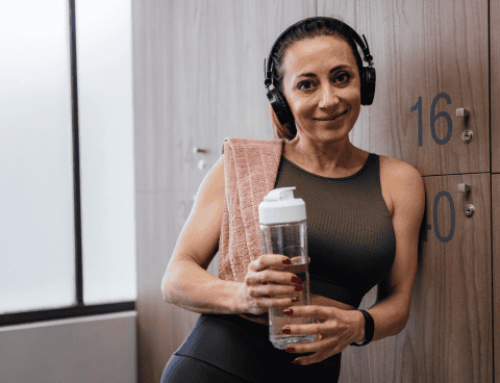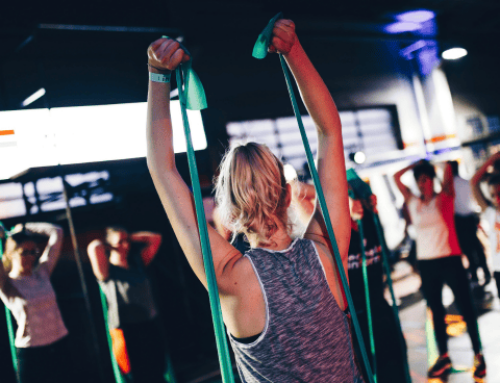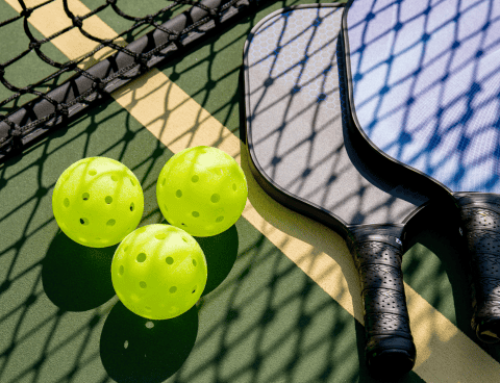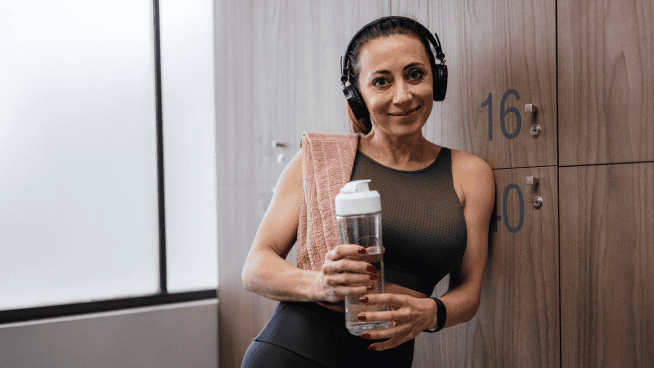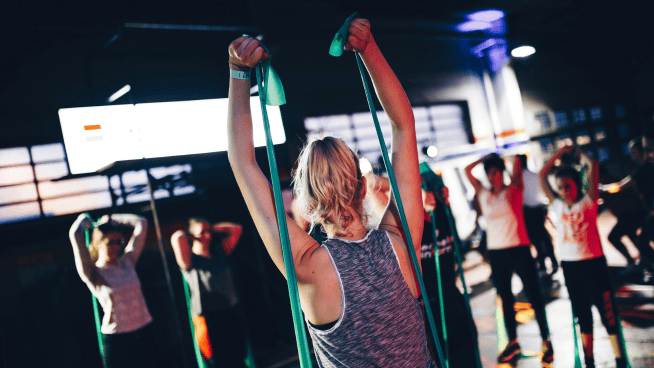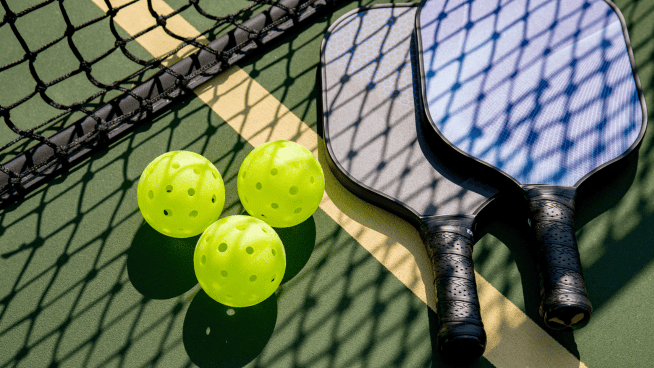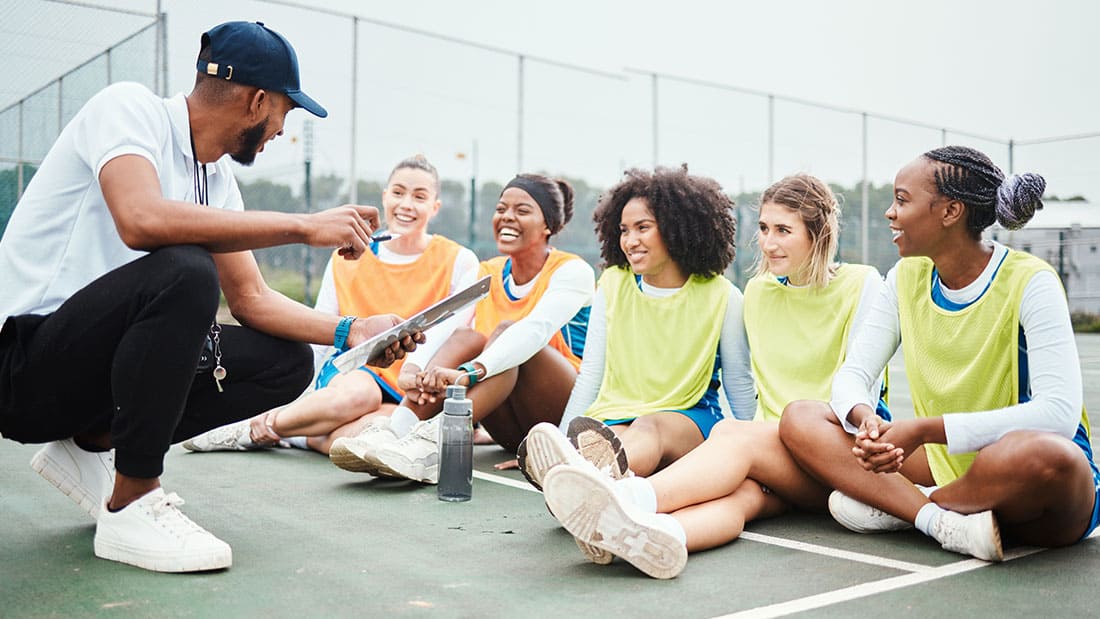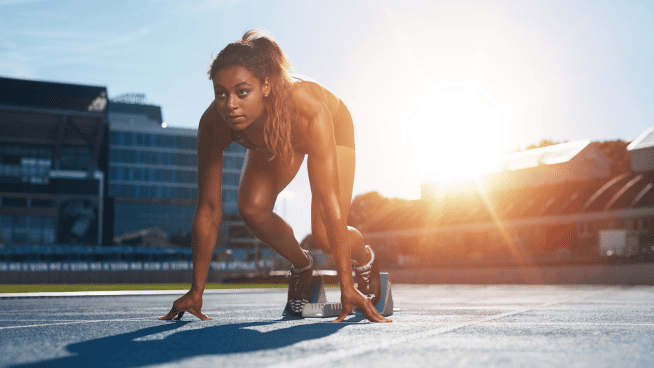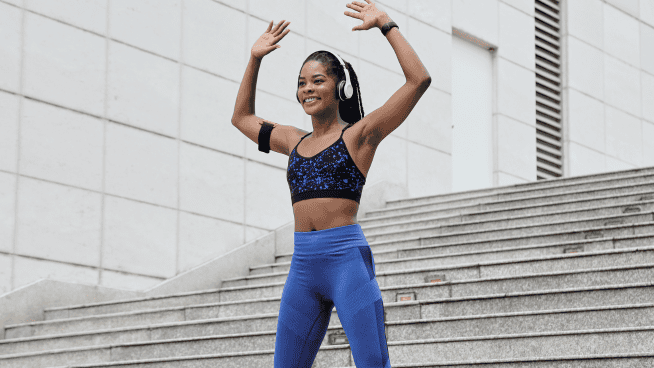4 Essential Recovery Techniques for Every Athlete
Your recovery behavior following intense workouts, practices or games often determines whether you’ll build muscle and/or be mentally and physically prepared to meet the demands of subsequent workouts or athletic competitions.
This article provides four basic active recovery tips to ensure you’ll return to the weight room and your sport energized, strong, flexible and focused.
Walking
It’s tempting to lounge on the sofa for several hours the next day after performing grueling Squats, Deadlifts or Power Cleans, or the day after a demanding game, thinking your sore muscles will optimally recover. Realistically, however, achy muscles and joints are more prone to tightening up with inactivity.
The remedy: Do low-intensity active recovery movements such as brisk walking to offset muscle and joint inflammation from high-intensity exercise and sports.
Jordan D. Metzl, M.D., a sports medicine physician at New York City’s Hospital for Special Surgery, suggests low-intensity active recovery activities on off days following hard workouts. Examples include taking a yoga or Pilates class, swimming, tossing a frisbee, “or maybe just get out for a brisk walk with your dog,” Metzl says.
Water
Staying hydrated during exercise and sports activities fuels performance. Likewise, if you want to be mentally and physically ready for the next workout, practice or game, be sure to consume enough anti-inflammatory water and water-based foods (fruits and vegetables) to enhance recovery and eliminate post-exercise and post-sports muscle and joint aches (clear urine is a general indicator you’re well-hydrated).
Registered dietician and sports nutrition author Nancy Clark writes in her website column The Athlete’s Kitchen, “Water is a wonderful performance enhancer. When a star University of Connecticut basketball player took the advice of his sports nutritionist, Nancy Rodriguez, RD, and started drinking enough to consistently void a light-colored urine, he was amazed at how much better he felt all day. Unfortunately, too many athletes—including runners—overlook the power of this essential nutrient.”
Besides drinking it as a recovery enhancer, you can also derive water’s active recovery benefits when utilizing its hydrotherapeutic topical effects by taking post-exercise or post-sports cold showers or cold baths to avoid delayed onset muscle soreness. Or place ice cubes in a towel and briskly rub them over your muscles to alleviate soreness.
Stretching
Dynamic warm-up stretches such as Arm Circles and Side or Forward Lunges prep muscles and joints before intense exercise and sports. Equally important is the type of stretching done after these activities. Static cooldown upper- and lower-body stretches (held for 10 to 30 seconds) promote greater flexibility and range of motion. Are your shoulders tight? Static stretches aid recovery by loosening the muscles and joints and restoring range of motion in time for the next trip to the weight room or field.
Sleep
Sleep is too often disregarded for its active recovery (and muscle-building) benefits. Regularly getting at least 8 or 9 hours of deep sleep is not only mentally and physically restorative and productive for performing the next day’s activities, but muscles grow and recover during periods of deep sleep, via the release of natural growth hormone.
What else happens when you get enough sleep? A Stanford University School of Medicine study on their sports teams—including men’s basketball, football, tennis and swimming—concluded that “sleep extension—an increase in the time spent sleeping over baseline amounts—leads to improved athletic performance.” The study also mentioned that post-exercise recovery with extra sleep “accelerated the building of muscle, strength and endurance.”
Photo Credit: nd3000/iStock/Thinkstock
READ MORE:
- How to Use the Pool to Recover Faster from Workouts
- 5 Tips to Help Your Body Recover Faster After a Tough Game
- 5 Tips to Recover and Reenergize After a Long Season
References
- Metzl, Jordan D., M.D. The Athlete’s Book of Home Remedies. (Rodale Inc., 2012). p. xxiii.
- Clark, Nancy, R.D. “The Athlete’s Kitchen.” February 2012.
- The Stanford Daily. “Study Finds Sleep Increases Athletic Performance.” July 14, 2011.
- Tuck.com. “Sleep and Athletes.” April 12, 2016.
RECOMMENDED FOR YOU
MOST POPULAR
4 Essential Recovery Techniques for Every Athlete
Your recovery behavior following intense workouts, practices or games often determines whether you’ll build muscle and/or be mentally and physically prepared to meet the demands of subsequent workouts or athletic competitions.
This article provides four basic active recovery tips to ensure you’ll return to the weight room and your sport energized, strong, flexible and focused.
Walking
It’s tempting to lounge on the sofa for several hours the next day after performing grueling Squats, Deadlifts or Power Cleans, or the day after a demanding game, thinking your sore muscles will optimally recover. Realistically, however, achy muscles and joints are more prone to tightening up with inactivity.
The remedy: Do low-intensity active recovery movements such as brisk walking to offset muscle and joint inflammation from high-intensity exercise and sports.
Jordan D. Metzl, M.D., a sports medicine physician at New York City’s Hospital for Special Surgery, suggests low-intensity active recovery activities on off days following hard workouts. Examples include taking a yoga or Pilates class, swimming, tossing a frisbee, “or maybe just get out for a brisk walk with your dog,” Metzl says.
Water
Staying hydrated during exercise and sports activities fuels performance. Likewise, if you want to be mentally and physically ready for the next workout, practice or game, be sure to consume enough anti-inflammatory water and water-based foods (fruits and vegetables) to enhance recovery and eliminate post-exercise and post-sports muscle and joint aches (clear urine is a general indicator you’re well-hydrated).
Registered dietician and sports nutrition author Nancy Clark writes in her website column The Athlete’s Kitchen, “Water is a wonderful performance enhancer. When a star University of Connecticut basketball player took the advice of his sports nutritionist, Nancy Rodriguez, RD, and started drinking enough to consistently void a light-colored urine, he was amazed at how much better he felt all day. Unfortunately, too many athletes—including runners—overlook the power of this essential nutrient.”
Besides drinking it as a recovery enhancer, you can also derive water’s active recovery benefits when utilizing its hydrotherapeutic topical effects by taking post-exercise or post-sports cold showers or cold baths to avoid delayed onset muscle soreness. Or place ice cubes in a towel and briskly rub them over your muscles to alleviate soreness.
Stretching
Dynamic warm-up stretches such as Arm Circles and Side or Forward Lunges prep muscles and joints before intense exercise and sports. Equally important is the type of stretching done after these activities. Static cooldown upper- and lower-body stretches (held for 10 to 30 seconds) promote greater flexibility and range of motion. Are your shoulders tight? Static stretches aid recovery by loosening the muscles and joints and restoring range of motion in time for the next trip to the weight room or field.
Sleep
Sleep is too often disregarded for its active recovery (and muscle-building) benefits. Regularly getting at least 8 or 9 hours of deep sleep is not only mentally and physically restorative and productive for performing the next day’s activities, but muscles grow and recover during periods of deep sleep, via the release of natural growth hormone.
What else happens when you get enough sleep? A Stanford University School of Medicine study on their sports teams—including men’s basketball, football, tennis and swimming—concluded that “sleep extension—an increase in the time spent sleeping over baseline amounts—leads to improved athletic performance.” The study also mentioned that post-exercise recovery with extra sleep “accelerated the building of muscle, strength and endurance.”
Photo Credit: nd3000/iStock/Thinkstock
READ MORE:
- How to Use the Pool to Recover Faster from Workouts
- 5 Tips to Help Your Body Recover Faster After a Tough Game
- 5 Tips to Recover and Reenergize After a Long Season
References
- Metzl, Jordan D., M.D. The Athlete’s Book of Home Remedies. (Rodale Inc., 2012). p. xxiii.
- Clark, Nancy, R.D. “The Athlete’s Kitchen.” February 2012.
- The Stanford Daily. “Study Finds Sleep Increases Athletic Performance.” July 14, 2011.
- Tuck.com. “Sleep and Athletes.” April 12, 2016.

